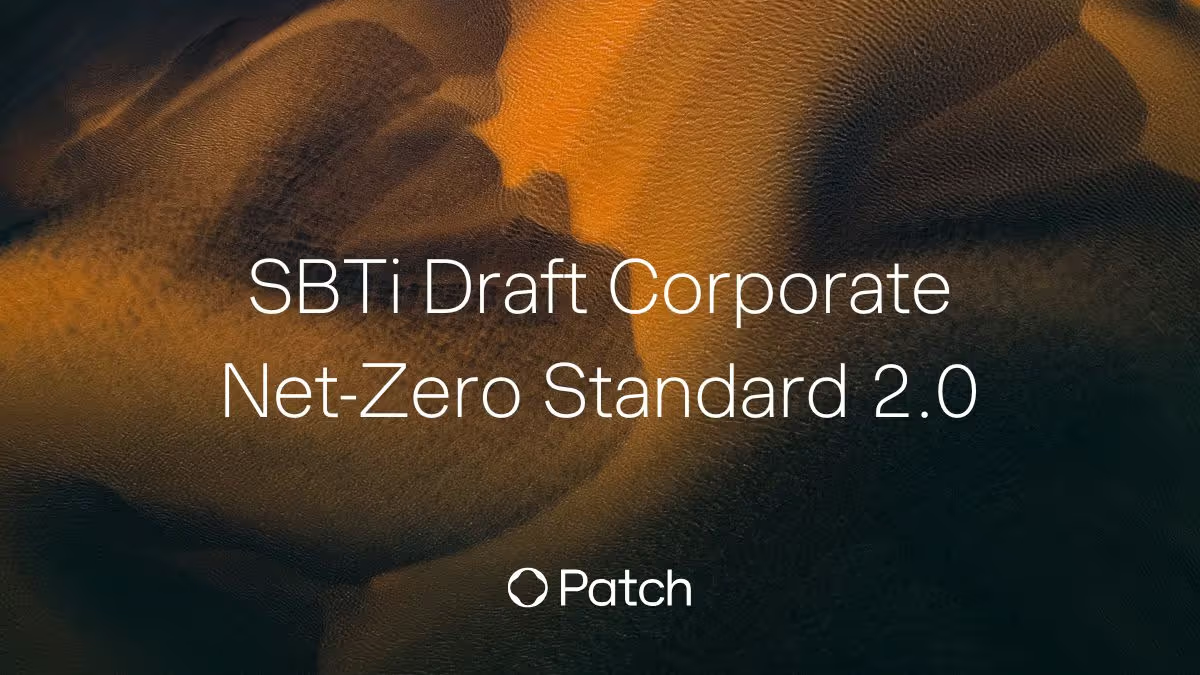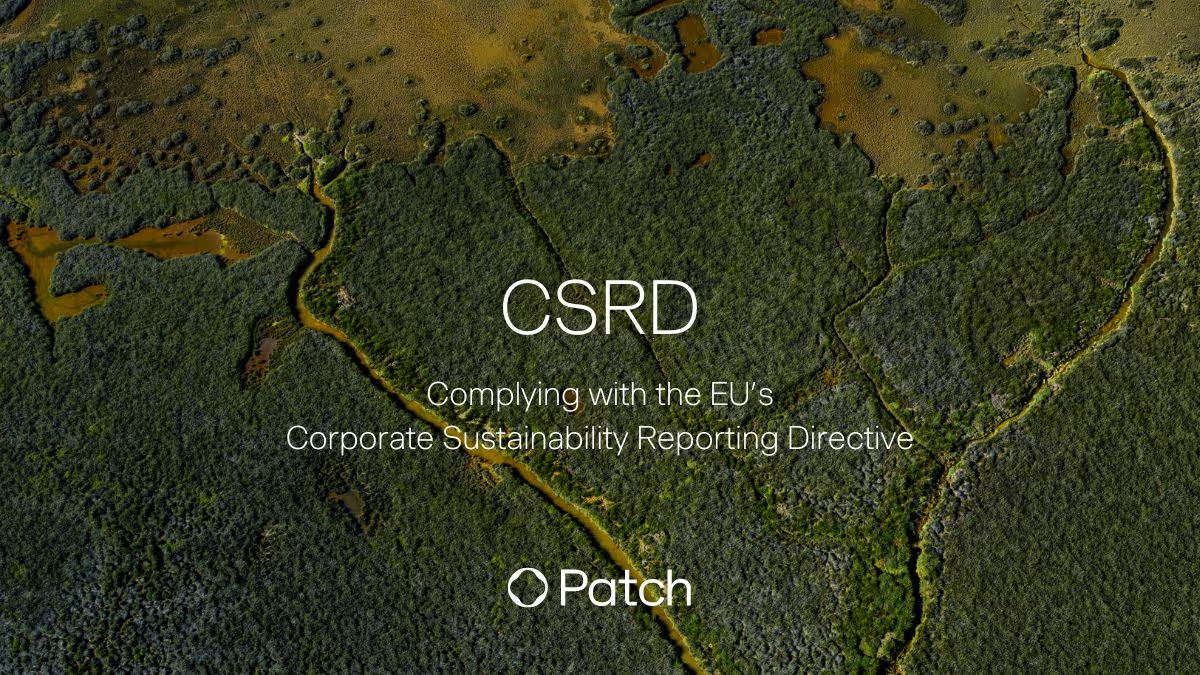Patch recently joined delegates from around the world in Sharm el-Sheikh for this year’s UN Conference of the Parties (COP27). Deemed “the climate implementation summit”, we had the opportunity to bring together business leaders, policymakers and innovators within carbon markets and net-zero pathways to share learnings and refine our solutions. Here are some of our top insights related to the voluntary carbon market:
A growing role for carbon removal
The growing prominence of carbon removal as a crucial solution to achieve a 1.5C world was impossible to miss at this year’s COP. From civil society voices advocating for carbon removal to announcements dramatically expanding Global South countries’ participation in voluntary carbon markets and major legislative proposals made to scale carbon removals, the critical role of carbon removal has never been clearer. We had the opportunity to witness this sense of urgency highlighted as corporate sustainability leaders and standard setters from across the globe came together for a Patch-hosted Chatham House rules roundtable to determine how to immediately unlock climate finance for carbon removal.
We also took a moment to celebrate our incredible community of colleagues enabling growth with an inaugural (and hopefully annual!) CDR community social, together with XPRIZE, UN High Level Champions’ CDR @ COP, Carbon Business Council, DACCoalition and Open Air Collective. The event brought together the growing ecosystem of CDR innovators, standard setters, UN and government officials and project developers in attendance at COP27.
Gaps between commitment and operationalization
Despite the recognition that carbon removals play a major role in mitigating climate change, pledge fatigue is real. We need to start closing the gap between the day a commitment is made and the day it’s operationalized. New coalitions and partnerships were launched at COP27, including the Africa Carbon Markets Initiative and the Energy Transition Accelerator (ETA) launched by Secretary John Kerry, joining the many coalitions and corporate commitments already made by some of the world’s largest companies. As the ambition continues to rise, there’s an urgent need to address the implementation gap and ensure companies are equipped to take the climate action promised.
Lack of holistic thinking on net-zero
We consistently heard that the absence of cohesive guidelines within the voluntary carbon market is making it difficult for businesses to develop and implement plans to purchase carbon credits as part of their net-zero commitments. Patch convened a panel with the CEO of SBTi, Co-Chair of VCMI and the Manager Director of Climate Finance for Bank of America to discuss the various standards and guidelines for high integrity net-zero plans and how companies and standard setters are thinking about carbon credits as part of these plans.
In addition to the existing SBTi standards and the forthcoming VCMI guidelines, two additional sets of guidelines, ISO Net Zero Guidelines and the UN’s High-Level Expert Group on Net Zero Emissions Commitments for Non-State Entities, were launched at COP27, adding further complexity.
This lack of a holistic approach is creating inertia. Throughout our conversations it was evident that the existing standards landscape lacks clarity, and the extent of new voluntary recommendations under development or recently released has left companies unsure of which guidance to follow, how to be in compliance, or even what being in compliance will look like in 3-5 years. Companies are waiting to fully engage in carbon markets at the precise time when capital is sorely needed to help scale the climate action projects we need.
What’s next?
We anticipate a greater push in the year ahead for standard setters to align and endorse one north star approach for use of carbon credits as a part of reaching net-zero goals. This alignment can and should include engagement of industry regulators in different jurisdictions, such as the SEC, to endorse a particular standard or set of guidelines and provide the clarity companies are seeking. Patch will continue to leverage our unique role within the industry to engage with standard setters and share the barriers and needs we’re seeing across the ecosystem.
In the interim, Patch remains a trusted partner in helping companies navigate the complexity of voluntary guidelines related to carbon credit purchases. We will continue to enable and expand upon initiatives like Patch Offtake to give project developers bankable contracts to help scale and grow while providing price and supply predictability to buyers. And we will be working closely with companies who have joined climate coalitions and made ambitious, public commitments to help them quickly move from commitment to scaled climate action.






